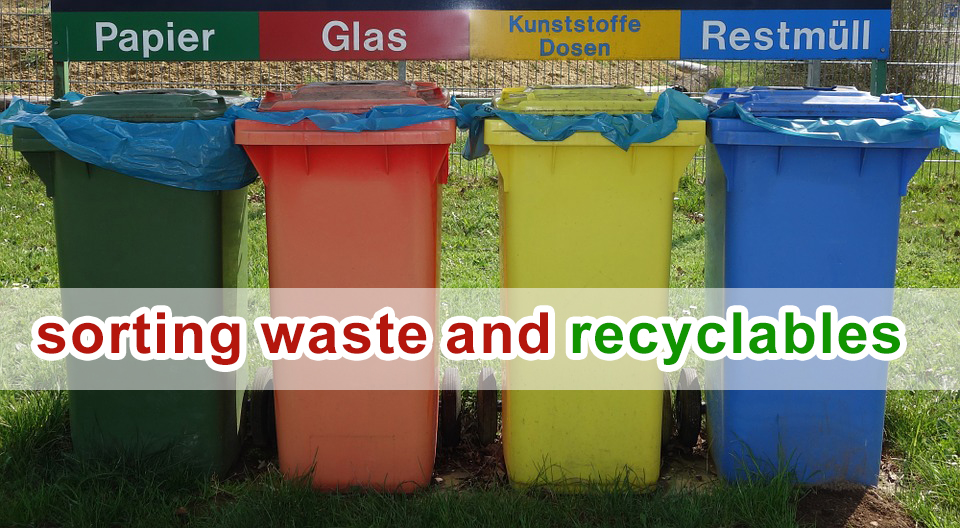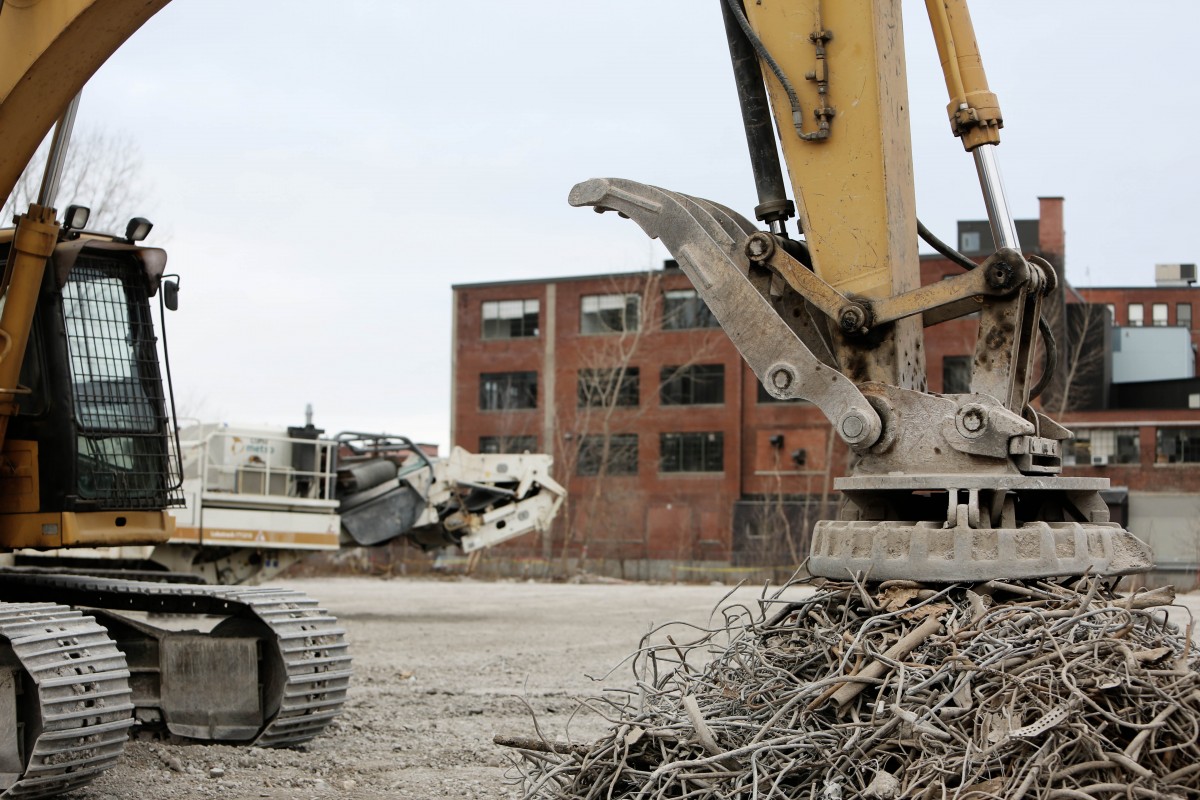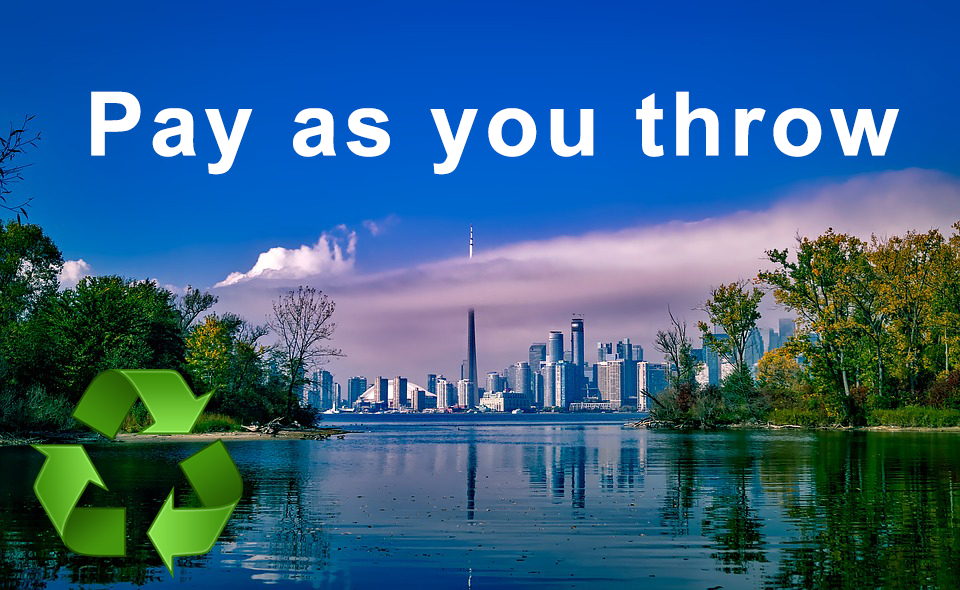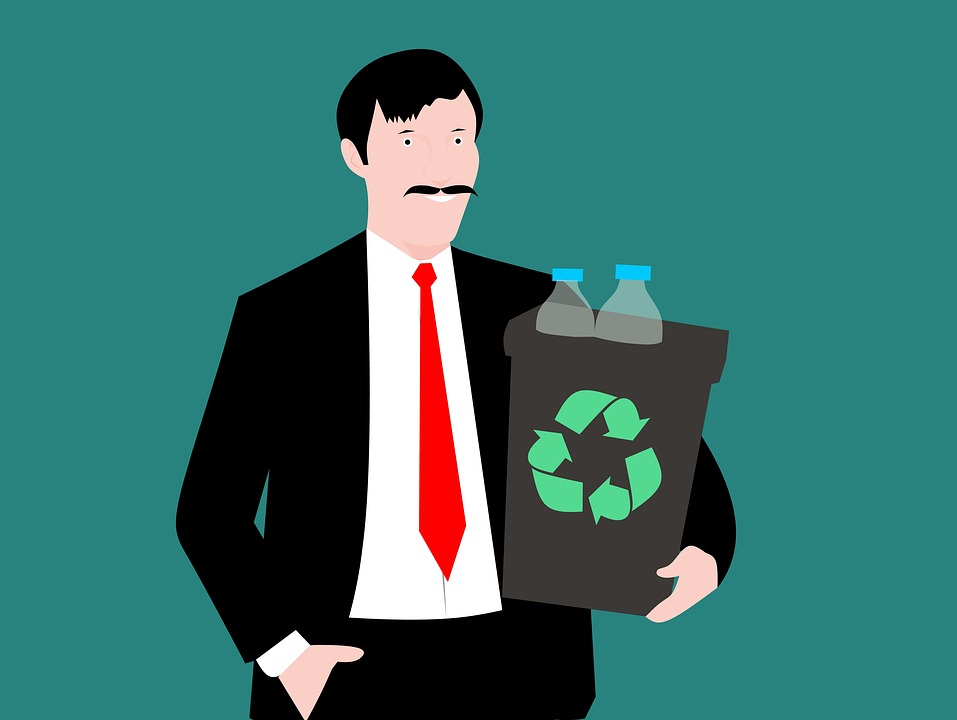You wouldn’t think trash and recyclables would be so difficult to tell apart however processing plants in Toronto beg to differ. Across the City, there’s no question there’s uneven education on what ‘waste’ is and what is ‘recyclable’.
 |
Sorting Waste and Recyclables in Toronto is not as Straightforward as it Seems |
In our experience, Torontonians routinely cross-contaminate recycling with waste and subsequently end up tossing away recyclables. This is just the beginning of the obstacles the city faces regarding how to recycle and how to simplify its complex waste management system.
City-wide waste management is resident-funded. The system is designed using a blue-box and green-bin infrastructure. Accurate separation of product is integral for this system to function as intended. Sadly, there’s a lot of contamination which happens particularly as it relates to food waste stains, oily paper, old clothes, and non-recyclables which some assume to be recyclable. As these things are tossed in, they cause machines to break down and/or adds time to separation.
A solution to the City’s recycling woes, some argue, is education. If residents know what goes where and what’s recyclable, it’s assumed this will reduce contamination rates. A public education campaign may have mixed results though. Toronto’s a multi-cultural city which constantly welcomes in new residents and tourists from across Canada and the world. Even if today’s population were fully educated on how to dispose of the different types of waste, within a year, contamination rates would arguably begin to increase again as new people move in.
It’s unclear on what should be the way forward but it is inarguable something needs to be done. This year’s Toronto city budget is now forecast for a shortfall of $10 million, in part trigged by China refusing to accept certain recyclables and increases we’ve seen in bin contamination which inflates processing costs. It’s also estimated as much as 25 percent of what ends up in Toronto’s blue bins should in fact be in the green bin.
Even with all this to contend with, Toronto still manages impressive waste diversion of approximately 53 percent. For every bit of good news though, there’s some bad. Though 53 percent is decent, the goal for years has been 70 percent.
A recent study analyzing Torontonians’ relationship with waste disposal report feelings of confusion, frustration, and a desire for information that has not been provided to them. As a waste management company, we believe everyone wants to do the right thing. So, from our perspective, it’s a matter of giving them the information and the means.
In the last year, Toronto has slowly been engaging in an education plan. Initiatives include the Waste Wizard online tool, the TOwaste smartphone app which advertises collection standards and depot locations, and an advertising campaign with the Toronto Raptors promoting proper waste collection. The Ontario government is also in talks to find a way for producers of waste to be responsible for the waste they create. Implementing this would take the focus off municipal recycling costs a little bit.
As we look ahead, we know the City is listening and we know the province is listening. As a premiere Toronto waste management and recycling company, we hope more will be done to reduce contamination rates and improve costs. The current system does not function to the degree that one would hope, unfortunately. Contact Core Mini Bins today for waste management and recycling services for residential and commercial customers across the GTA.












